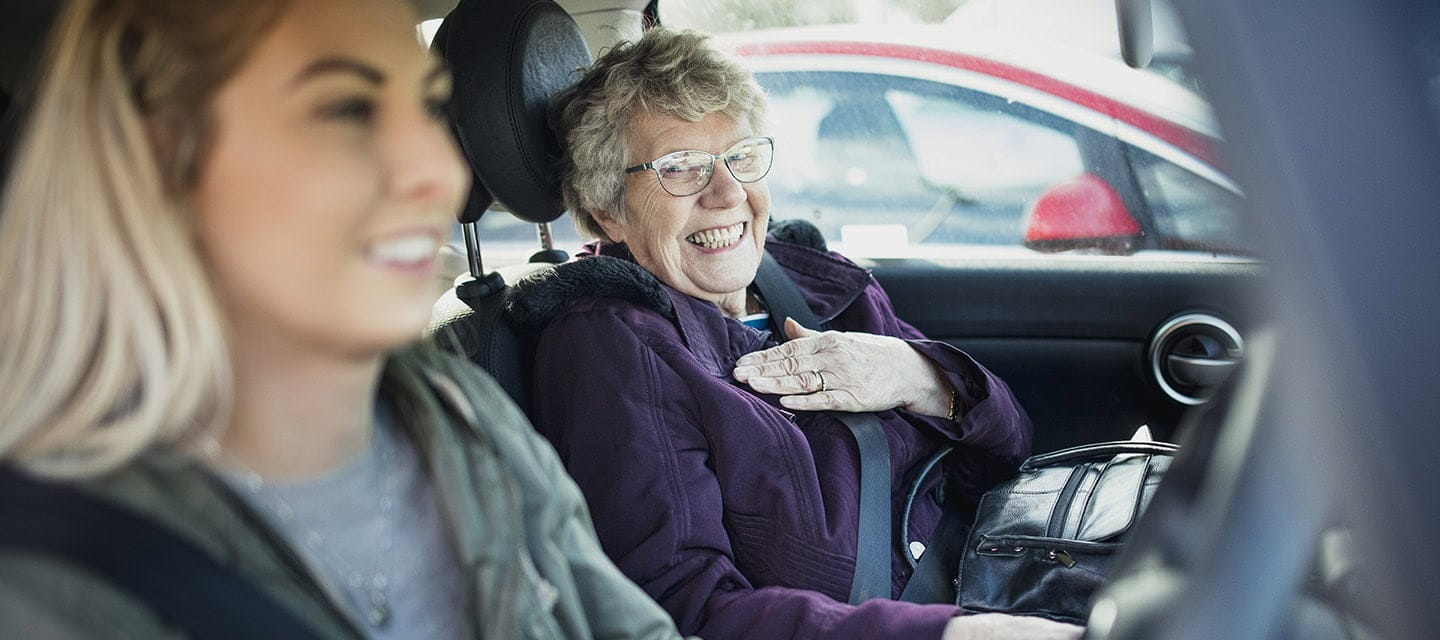
Car insurance fraud is a significant issue in the UK. In 2023 alone, more than 45,000 fraudulent claims were made, totalling £501 million – an 8% increase from 2022.
But what exactly is car insurance fraud? Are there various types? And how can you protect yourself against it? Discover all the essential information in our comprehensive guide.
Car insurance fraud can happen in two main ways:
Both types of fraud are serious crimes and can lead to severe consequences, including legal action.
There are many different types of car insurance fraud, including:
ID theft happens when criminals steal personal information like names, addresses and birth dates to commit fraud. They might use these details to make false claims or get fake insurance policies. Scammers often get this data through hacking, phishing or buying it on the dark web.
You can protect yourself by:
Some scammers pretend to be real insurance companies and offer deals that seem too good to be true. They give you fake policy documents and take your money, but you won't actually be insured because the policy isn't real.
Fronting happens when someone is listed as a secondary driver on an insurance policy, but they are actually the real owner.
For example, if a grandparent puts their grandchild on their insurance as an additional driver instead of getting the grandchild their own policy. It may result in cheaper insurance for the grandchild, but this is fraud, and the grandchild should have their own policy.
Application fraud happens when someone isn’t truthful or leaves out important details when applying for car insurance. This can include:
If your insurance company discovers you’ve deliberately provided false information, they might cancel your policy without refund, not pay your claim and flag your details with law enforcement and fraud prevention databases.
Crash-for-cash, sometimes called an “induced accident” is a scam where someone causes someone else to hit them on purpose to blame another driver and claim insurance money as a “victim”.
For example, a driver might suddenly brake to cause a crash, hoping the car behind can’t stop in time. Another trick is flashing headlights to let a car pull out from a side street, then crashing into them on purpose when they pull out.
There are two types of fake passenger claims:
1. Ghost passengers: When someone tries to make an insurance claim for injuries to a passenger who wasn’t actually in the car during the accident. If the supposed passenger agrees to lie and say they were in the car, they could get into legal trouble.
2. Phantom passengers: When someone in the vehicle swaps their identity to another individual and that person makes the claim.
Vehicle dumping is when someone gets rid of their car, like by abandoning, sinking or burning it, and then claims it was stolen to get money from their insurance.
Some people might pretend an alleged injury, like whiplash, is worse than it is or exaggerate the damage to their belongings. They do this to get more money from their insurance. However, it's harder to fake a whiplash claim now because you need medical proof of the neck injury.
If you’re found guilty of insurance fraud, you could face several serious consequences, such as:
To avoid breaking the law and committing car insurance fraud, always give accurate information when you apply for a policy. Don’t be tempted to tweak details like your claims history or giving a false address to try and get a cheaper premium.
Car insurance fraud can harm honest drivers, especially those targeted by staged or fake accidents. Here’s how you can protect yourself:
There are a couple of steps to take if you think you’ve been a victim of car insurance fraud. The first thing you should do is call the police and report the accident. Then, gather evidence to support your case (photos, witness statements, etc.).
Once you’ve finished collecting evidence, contact your insurance provider and explain that you’ve been involved in an accident and suspect that it was intentional.
Saga customers can email fraud.champions@saga.co.uk to report insurance fraud. Alternatively, call the Insurance Fraud Bureau at 0800 422 0421 for help.
Insurers use several methods to spot car insurance fraud. After an accident, some may interview the driver who made the claim and compare their story with other evidence like police reports, CCTV footage and witness statements.
They might also check the claimant’s social media for any suspicious activity and look at databases that contain the person’s driving history.
At Saga, we may submit your details to fraud prevention agencies (including the Insurance Fraud Bureau) and other organisations to help us prevent fraud and money laundering.
We've taken steps to keep your personal data safe from being lost, misused or accessed without permission. Only employees, agents, contractors and other third parties who need to know for business reasons can access your data. They will follow our instructions and must keep your data confidential. If there's a suspected data breach, we have procedures to handle it and will inform you and the relevant authorities if required by law.
Whether you're looking for straightforward insurance or cover that's packed with extras, our car insurance has plenty of options for people over 50.


Choose our highest car cover level Saga Plus and freeze the price of your car insurance for 3 years if nothing changes. T&Cs apply.
There's plenty to explore and learn about our car insurance cover.

Choose Saga Plus and fix the price of your insurance for the next 2 renewals, if nothing changes. T&Cs apply

Discover how to check your MOT tax status quickly in our comprehensive guide.
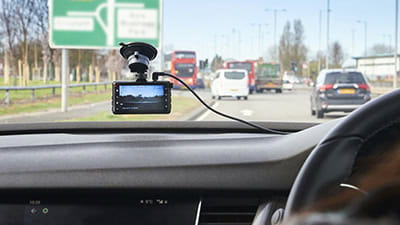
Installing a dash cam can provide crucial evidence in the event of an accident. But do they impact car insurance premiums?
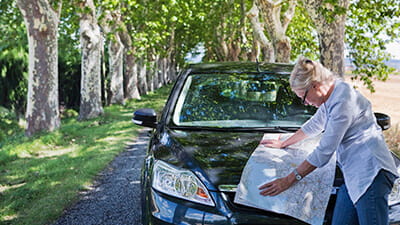
Drive in over 30 European countries for as long as you like, ready for anything with our handy guide to driving abroad.

Choosing the right class of use for your car insurance is crucial. Discover what each class covers in our detailed guide.

Make car insurance renewal less of a headache with Saga Plus 3-year fixed price policies and claims promise.
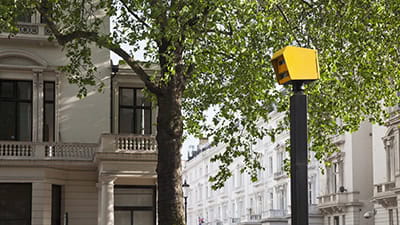
Discover everything you need to know about speed awareness courses and how to qualify for them with our detailed guide.
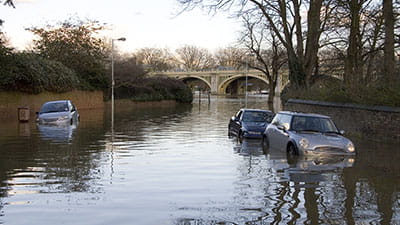
A flood-damaged car could be expensive to repair or declared a write-off. Find out whether your insurer will cover the cost.